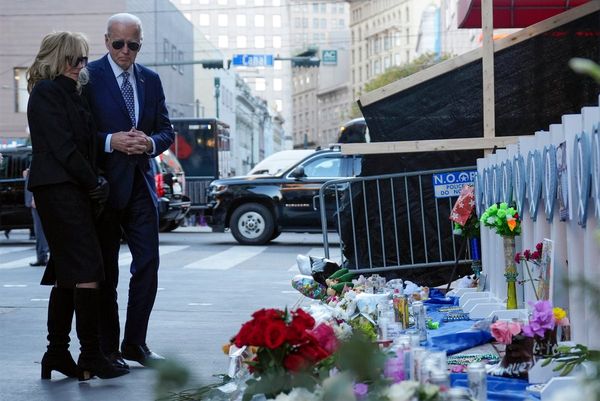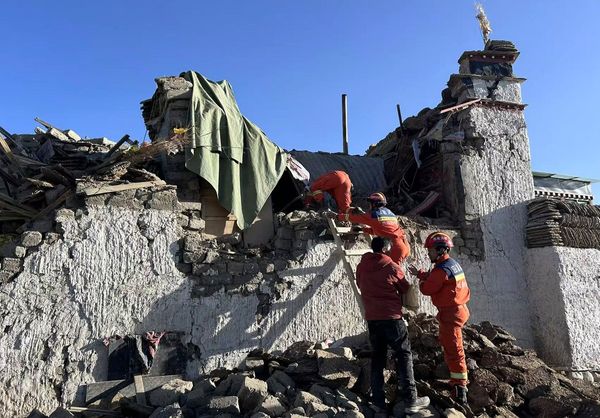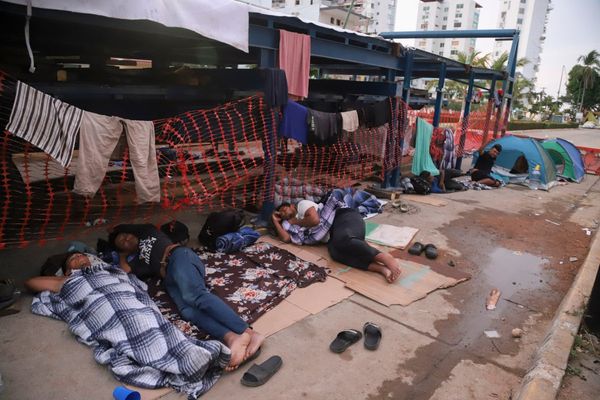
In a surprising turn of events, New York City's Mayor Adams has announced a groundbreaking lawsuit against 32 charter bus companies, seeking a staggering $708 million in damages to cover the costs associated with caring for migrants transported to the city. This bold move comes as the city grapples with the ongoing migrant crisis, exacerbated by buses unloading hundreds of migrants in neighboring New Jersey to evade New York's restrictions on migrant bus arrivals.
Mayor Adams argues that these charter bus companies have contributed to the burden on New York City's resources by transporting migrants and leaving the city to bear the costs of their care. The mayor specifically points to the actions of Texas Governor Abbott, who he claims has sent over 30,000 migrants to New York City alone. However, it is important to note that the total number of migrants in the city currently stands at a staggering 68,000, with close to 200,000 having arrived since last spring.
This lawsuit represents a new chapter in the ongoing battle between border states and cities such as New York and New Jersey. The controversy surrounding the arrival of migrants in these regions has intensified in recent days, with a notable increase in bus traffic since Saturday. Since then, 12 buses have arrived at a junction in Secaucus, New Jersey, dropping off migrants who then make their way to New York City.
While the mayor's lawsuit aims to hold the charter bus companies accountable, questions have arisen regarding the legality of their actions. Some may argue that if these companies are contracted and paid by the state, they are merely fulfilling their duties, making it difficult to understand how they could be considered in violation of the law.



Nevertheless, Mayor Adams accuses the charter companies, which he claims have been complicit in Governor Abbott's political tactics, of exploiting human beings for political gain. The legal battle that lies ahead is expected to shed light on the accountability of these companies and the extent to which they can be held responsible for their role in the ongoing migrant crisis.
Meanwhile, instances of migrants arriving in New Jersey and promptly boarding trains destined for New York City have become increasingly common, in an attempt to bypass the restrictions imposed by the city's executive order on charter buses. The intricate network of transportation and the exploitation of legal loopholes raise complex questions about how effectively the city's policies can be enforced.
As New York City continues to grapple with an overwhelming number of migrants in its care, this lawsuit marks a significant development in the ongoing saga of the migrant crisis. The outcome of this legal battle will undoubtedly have far-reaching consequences for both the charter bus companies involved and the broader immigration debate in the United States. Only time will tell how this contentious issue will be resolved and what impact it may have on future migrant arrivals.







